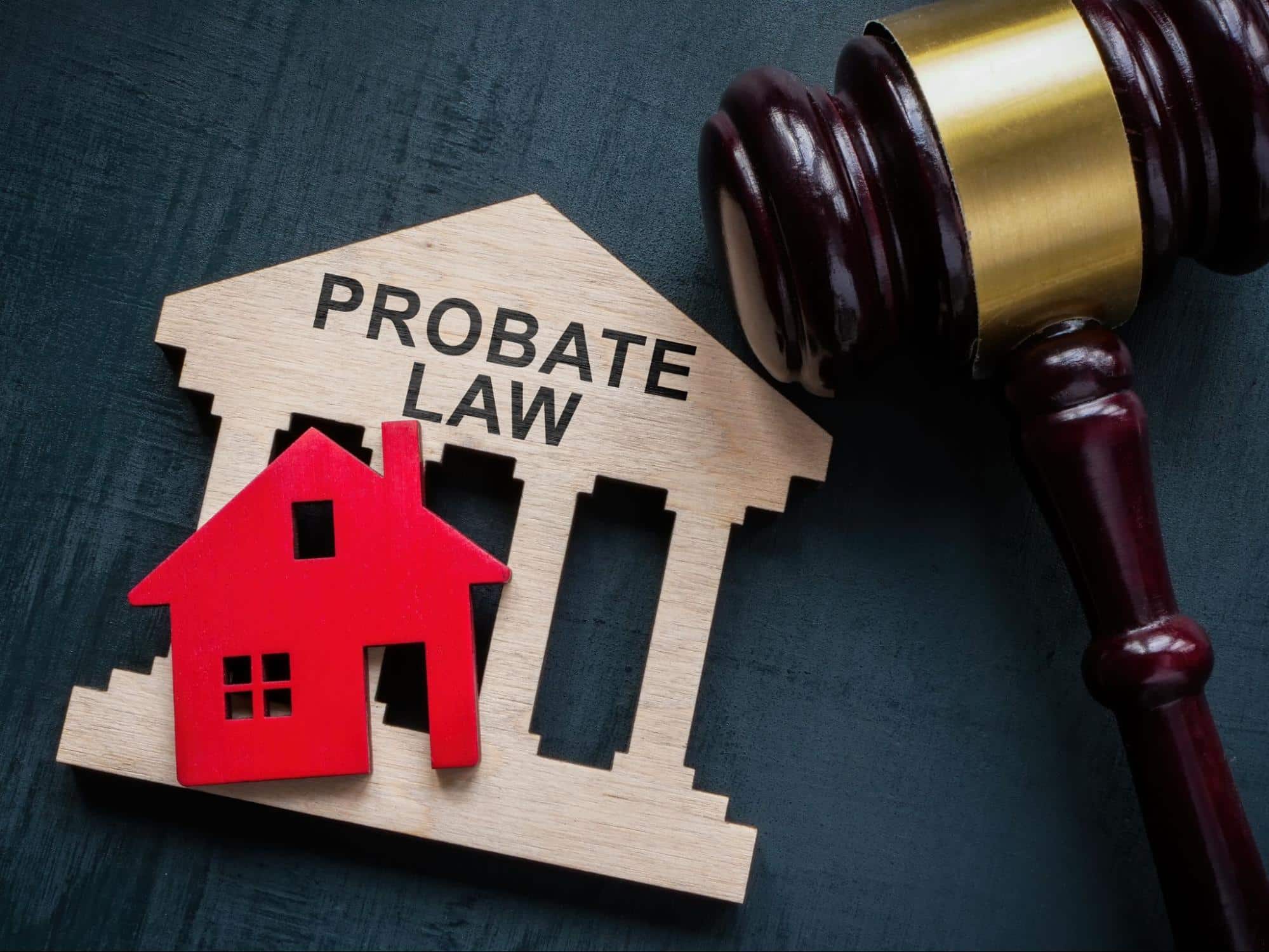How to Quickly Sell a Probate House in West Virginia Without Court Delays

Inheriting a house sounds simple until you find out it’s tied up in probate. If you’re dealing with this in West Virginia, you might be feeling overwhelmed by paperwork, court steps, and questions from family. And if the house needs to be sold quickly, the whole process can feel even more stressful. The good news? You don’t have to wait forever or get stuck in red tape. There are real ways to speed things up, avoid unnecessary delays, and sell the property fast, whether it’s move-in ready or needs serious repairs. This guide breaks down how to sell a probate house and how you can do it faster than you might think.
What Is Probate and Why Does It Matter?
If you’ve inherited a house in West Virginia, chances are you’re about to get familiar with something called probate whether you want to or not. Probate is the legal process the court uses to make sure a person’s assets, like their house, land, or money, go to the right people after they pass away.
If the person who passed had a will, that document helps guide who gets what. If they didn’t leave a will, the court steps in and uses state laws to decide who inherits. Either way, the probate process usually happens in the county where the person lived, and it starts with opening a case through the county clerk’s office.
One of the biggest tasks in probate? Dealing with any real estate left behind. Whether it’s a small home in town or a piece of land in the hills, that property needs to be managed, and often, sold. And the person in charge—called the executor (if there’s a will) or administrator (if there isn’t)—has to follow the legal steps to do that.
Can You Sell a House During Probate in West Virginia?
Yes, you can. But there’s a catch: you’ll need the right authority to do it. Before the sale of the home can happen, the probate court has to officially appoint someone to manage the estate. Once that happens, that person can list the house, accept offers, and move forward with the sale—provided they follow the correct steps.
In some cases, the will might specifically say the house should be sold. In others, the executor or heirs might decide it’s in everyone’s best interest to sell, especially if:
- The house is too far away to manage
- The property needs major repairs
- The heirs can’t agree on what to do with it
- There are debts or taxes that need to be paid off with the proceeds
Either way, if you’re looking to sell your house fast, it’s important to understand the process and avoid common probate roadblocks.
What Slows Down a Probate Home Sale?
Even though selling during probate is legal, the process can drag out if you’re not careful. Here are some of the main delays people run into:
1. Lack of Court Appointment
You can’t legally sell the house until the court officially appoints you as the executor or administrator. That alone can take a few weeks, depending on how quickly you file and how backed up the court is.
2. Family Disagreements
If multiple heirs are involved and there’s no clear agreement about what to do with the property, it can stall everything. Disputes about price, repairs, or who gets what share can make a fast sale nearly impossible.
3. Title Issues
If the home still has the deceased person’s name on the title, it must be transferred properly before it can be sold. If there are old liens or unpaid property taxes, those issues also have to be cleared up before closing.
4. Waiting on Court Approval
In some cases, especially when there is no will or the heirs are contesting things, the court may require approval before you accept an offer. This step can slow things down significantly.
How to Speed Things Up and Sell Fast
Now for the good news: there are ways to keep things moving and sell your probate house quickly—even without court delays. Here’s how:
1. File for Probate Immediately
Don’t wait. The faster you get the probate case opened with the county clerk, the sooner you can be appointed as executor. You’ll need the death certificate and (if there is one) the original will. Each West Virginia county has its own process, but you can usually call the clerk’s office to get help.
2. Request Independent Authority (If Possible)
When you’re appointed, ask the court for “independent administration” of the estate. This gives you the power to sell the home without court approval for each step. If the heirs agree, the court will often approve this request.
3. Get a Preliminary Title Search
Even before listing the home or accepting offers, you can order a title search. This helps you spot any liens, unpaid taxes, or other issues early. Fixing title problems after you’re under contract wastes valuable time.
4. Work With Cash Home Buyers
If the house needs work or you don’t want to deal with traditional buyers, a cash buyer can often close in a week or two. Cash home buyers typically purchase houses as-is and are used to dealing with probate properties.
They can also help you:
- Avoid real estate agent commissions
- Skip showings and inspections
- Navigate legal or title hurdles
For families who say, “I just need someone who can buy my house fast,” this is often the easiest route.
5. Keep Communication Open With All Heirs
If other heirs are involved, make sure everyone is in the loop. Miscommunication leads to delays and arguments. Make sure you all agree on selling, how the price will be set, and how the money will be divided.
What Happens to the Money After the Sale?
After the house sells, the funds usually go into the estate account. From there, they’re used to pay off any debts, taxes, or fees owed by the estate. Whatever’s left is then distributed to the heirs according to the will (or state law, if there’s no will).
Make sure the sale is documented correctly and that you have a probate attorney or legal support if needed. The goal is to make sure everything is handled properly so the sale isn’t challenged later.
Why West Virginia Families Are Selling Probate Homes for Cash
West Virginia has a lot of rural properties, older homes, and estates passed down through generations. While some inherited homes are well-maintained, many haven’t been updated in years. They might be in counties where the real estate market is slow or require thousands in repairs just to be livable.
That’s why many families are turning to buyers who can close fast and handle the hard stuff. When you sell a house for cash in probate, you’re choosing a clean break. No staging. No endless waiting. No legal headaches.
If you’re thinking, I need to sell my house fast, but I’m stuck in probate, know that you’re not alone and you do have options.
If you’re navigating the probate process and want to sell your house quickly without court delays, reach out to Sell My House Fast West Virginia. We buy houses throughout the state, even if the property is still in probate or needs repairs. Call 304-405-4052 today to talk with someone who understands what you’re going through and can help you sell on your terms.
